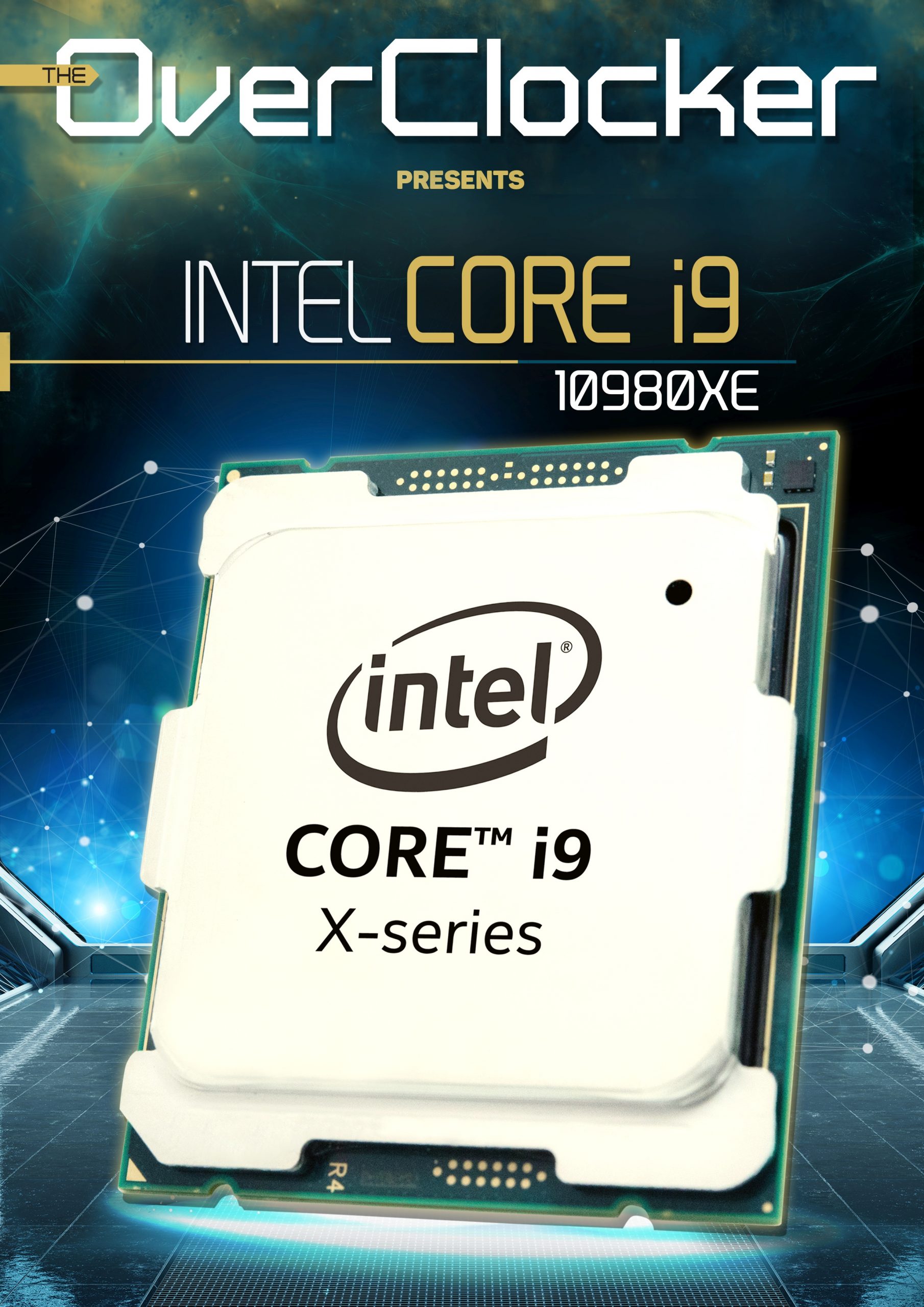- Joined
- Apr 22, 2010
- Messages
- 3,129
- Reaction score
- 1,082
- Points
- 7,215

Read More






Well believe it or not, game performance isn't just limited to 4 cores or 4 threads anymore.
You can easily see this when you monitor core clock load during gameplay. Check to see the frequency that each core is running at. In red Dead Redemption 2 for instance, over 10 threads/cores were loaded (exact number is in the video towards the end you can see in RDR2)
As for TDP
Well yes they had to increase that for the base 4GHz clock and 5GHz Turbo frequency. However the operating voltage on the KS is lower than the average voltage on 9900K. I can't imagine there's a 9900K that can't do 5GHz all core, but the worst one will need 1.35v for this, whereas the worst 9900KS needs on 1.25v for this. This directly affects TDP. Same frequency and performance but higher power draw on 9900K in this example.
What Intel is doing now is tuning process as that's all they can actually do until next gen is ready. Scaling frequency has a predictable performance gain and they attempt to offset that with core count ( 10900K has 10 cores and a bpost of 5.3Ghz same 127W TDP as 9900KS). So there are clear optimizations for the node. However any more optimization to bring the power down, will have to come from key architectural changes and that isn't feasible at present.
Finally for performance.
In all the games I tested, 8 core 8 thread 9900KS at 5.2GHz beat 5GHz all core 9900KS and everything else. Believe it or not games still scale in performance past 5GHz.
View attachment 59638
